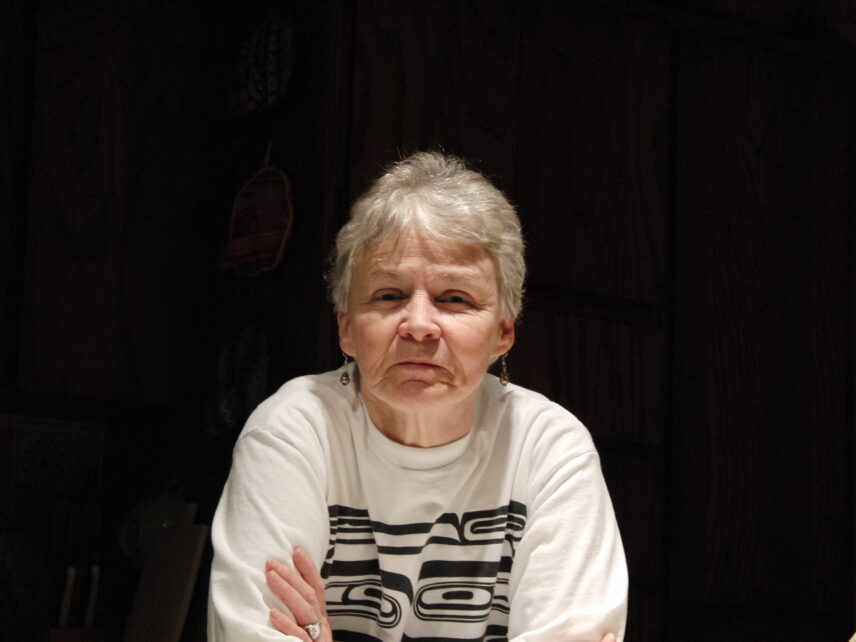Article begins
1941–2022
In a 35-year career in the academic world, Carol A. Smith made major transformative contributions to Marxist theory, political economy, and new understandings of indigeneity in Guatemala and Latin America as a whole. Her work was marked by several significant shifts, when her theoretical and ethnographic focus would substantively change and reorient her sharply insightful analyses and concisely illuminating written work. She was deeply serious about intellectual production, about being an intellectual of the Left, whose work always directly and politically related to the worlds she had experienced and participated in, particularly in Guatemala. A demanding and immensely supportive mentor, she trained her students and collaborated with colleagues across the world in a profoundly comradely fashion.
I became Carol’s graduate student in 1980 at Duke University when she was in the middle of a crucial shift away from a focus on the anthropology of central place theory, urban primacy, dependency theory, and regional analysis, which she had developed in her PhD work at Stanford (PhD 1972) and with which she had already established an international reputation. Influenced by the mixture of scholarly and political struggles at Stanford in the 1960s and 1970s, Carol had established herself as an innovative Marxist theorist whose fieldwork foundations were solidly emplaced in the Indigenous communities of Oaxaca and particularly Western Guatemala. During her years at Duke, Carol’s work was a central and incredibly insightful force behind the reconceptualization of artisanal economies not only in Central America but globally. She argued that rather than a vestige of precapitalist modes of production soon to disappear under the onslaught of capitalist development, artisanal production, or “petty commodity production” as she called it, acted to subsidize substandard wages in economies in the Global South and were intrinsic to capitalism’s advance.
In the early and mid-1980s, civil war in Guatemala and new regimes of right-wing terror and dictatorship impelled Carol towards perhaps her most discerning theoretical breakthrough, which also carried considerable political importance. Once again, she innovated central Marxist concepts that pushed them into new terrain: the conceptualization of class, class consciousness, and revolutionary class consciousness. Carol perceived that it was the oppressively brutal violence of the Guatemalan militarized state that was provoking the formation of a class consciousness among Guatemalan Indigenous peoples and their formation as the central revolutionary class in that country, rather than the contradictions of capitalist production and development (see her 1990 edited volume Guatemalan Indians and the State). The implications of those insights for all Latin America are still reverberating.
Carol left Duke in 1990 and went on to teach at the University of California, Davis where she taught until 2008. During those years she continued to write about intersections between class, indigenous identity, and gender, to rethink and retheorize the process and significance of mestizaje in Latin America, and to continuously and critically analyze the politics of Mayan-ness in Guatemala. Among the students she trained at UC Davis and through her work in all these areas, Carol stimulated a great deal of important and transformative theory all of which carry significant political implications. Carol always insisted that this be the case.
Mine is but one among many perspectives on the intellectual legacy of Carol Smith and others may well remember her work and contributions differently. I honor those perspectives and the remarkable life of Carol Smith. She will be enormously missed.
An academic forum in honor of Carol Smith’s academic contributions will be held by the UC Davis Anthropology Department on February 6, 2023, from 2:00 p.m.–5:30 p.m. in the Andrews Room, room 2203, Social Sciences and Humanities Building.

(Les W. Field)
Cite as: Field, Les W. 2023. “Carol A. Smith.” Anthropology News website, January 30, 2023.

